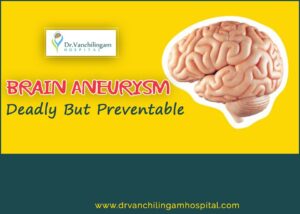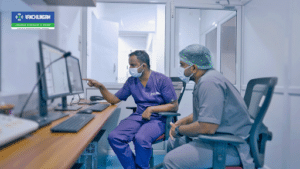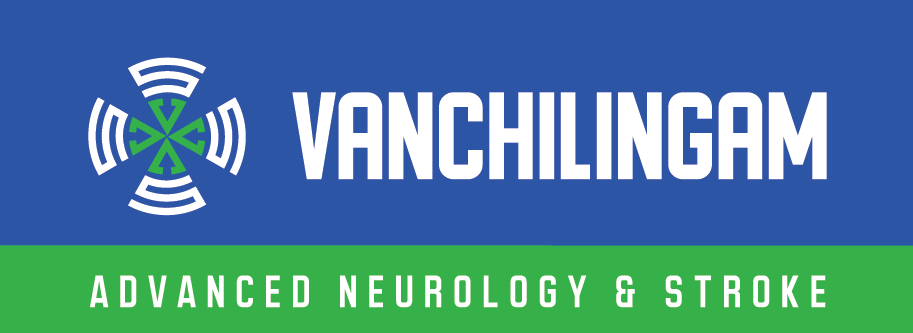Maintaining a well-balanced and nutritious diet plays a pivotal role in preventing strokes, a critical neurological condition. Vanchilingam Advanced Neurology & Stroke, recognized as a stroke specialist hospital, is committed to offering expert stroke care while underscoring the significance of dietary choices in averting this health challenge..
6 Foods that Prevent Stroke:
Leafy Greens:
Incorporating leafy greens like spinach and kale into your diet provides essential nutrients such as potassium and folate, known for promoting cardiovascular health and reducing stroke risk.
Berries:
The rich antioxidant content in berries, such as blueberries and strawberries, contributes to improved blood vessel function and lowered blood pressure, key factors in stroke prevention.
Fatty Fish:
Fish like salmon and mackerel, abundant in omega-3 fatty acids, exhibit anti-inflammatory properties. These healthy fats play a vital role in reducing cholesterol levels and preventing blood clots, thus mitigating stroke risk.
Nuts and Seeds:
Almonds, walnuts, and chia seeds offer a combination of healthy fats, fiber, and antioxidants. They contribute to overall heart health and aid in reducing the risk of strokes.
Whole Grains:
Whole grains, including brown rice, quinoa, and oats, provide essential nutrients and fibre that help control blood pressure, fostering a healthy vascular system.
Avocado:
Avocado, rich in monounsaturated fats, supports balanced cholesterol levels, ultimately reducing the risk of atherosclerosis—a leading cause of strokes.
Relationship Between Stroke and Diet:
A diet high in saturated fats, trans fats, and cholesterol can contribute to the buildup of plaque in arteries, increasing the risk of stroke. On the other hand, a diet rich in fruits, vegetables, and lean proteins supports heart health and helps manage conditions such as hypertension and diabetes, which are significant stroke risk factors.
Foods to Consume in Moderation for Stroke Prevention:
Sodium: High sodium intake can lead to increased blood pressure. Vanchilingam Advanced Neurology & Stroke Hospital recommends a balanced approach to sodium consumption for better blood pressure management.
Processed Foods: Limiting processed foods that are often high in unhealthy fats and sodium contributes to overall cardiovascular health, reducing the risk of stroke.
Red and Processed Meats: High consumption of red and processed meats may increase the risk of stroke. Choosing leaner protein sources and incorporating plant-based alternatives can be beneficial.For more detailed information on brain stroke symptoms, causes, prevention, treatment, and recovery, visit our comprehensive guide on Dr. Vanchilingam Hospital’s website.
How Vanchilingam Advanced Neurology & Stroke Hospital is Specialised in Stroke Treatment:
At Vanchilingam Advanced Neurology & Stroke Hospital, our approach to stroke care extends beyond immediate interventions. Our expert team recognizes the crucial role that lifestyle, including diet, plays in preventing strokes. With specialised stroke units and a multidisciplinary team, we offer comprehensive care that addresses not only the symptoms but also the underlying factors contributing to stroke risk.
Prioritise your neurological health by adopting a stroke-preventive diet and seeking expert care at Vanchilingam Advanced Neurology & Stroke Hospital.
Blog Reviewed by: Dr. Somesh Vanchilingam
Mail Us: info.vanchilingamhospital@gmail.com








